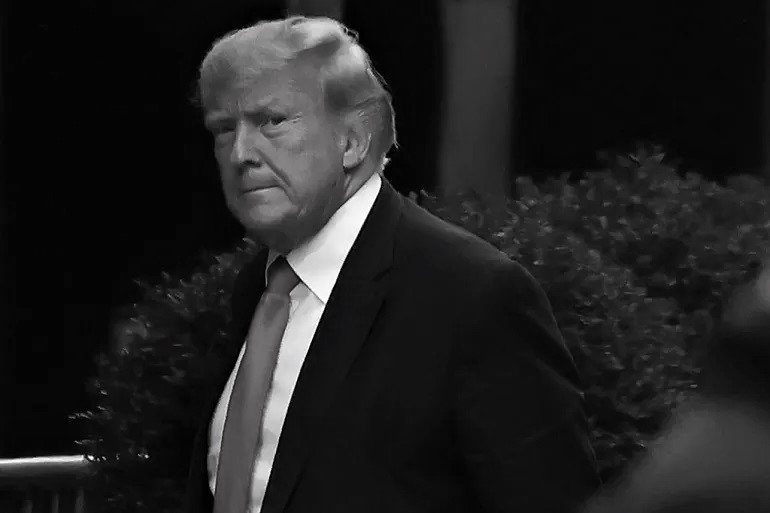
Even as former President Donald Trump finds himself facing 4 criminal indictments, his hardcore supporters continue to parrot his false accusations that the charges against him are politically motivated.
However, in his never ending bluster and blame marathon, Trump and his base overlook one crucial detail in the decision-making behind all those charges.
Prosecutors don’t indict; grand juries do.
That’s right. A jury composed of citizens determines whether the evidence is justified to bring an indictment—not the Biden Administration, not District Attorney Fani Willis, or Special Counsel Jack Smith, or anyone else Trump chooses to attack.
Let me repeat that for the entire class:
All 4 indictments against Donald Trump were decided by a panel of citizens, not partisans.
“Much of the investigation into Trump’s efforts to maintain his grip on power and into his other federal case — the one related to his handling of classified materials — has been conducted in front of federal grand juries, which operate under strict rules of secrecy.” — Alan Feuer, BostonGlobe.com, August 9, 2023
“Trump last week was indicted by a federal grand jury on four felony counts for conspiring to steal the 2020 election from President Joe Biden, including actions that led to the Capitol insurrection of Jan. 6, 2021.” — David Jackson, USA TODAY, August 9, 2023
“Trump is already facing charges in New York and Washington, and Fulton County District Attorney Fani Willis is expected to present charges in her investigation related to Trump to a grand jury in Atlanta next week.” — Jake Traylor, NBC News, August 9, 2023
Let’s take a closer look at FindLaw, the website that describes the factual details.
“The grand jury plays an important role in the criminal process, but not one that involves a finding of guilt or punishment of a party. Instead, a prosecutor will work with a grand jury to decide whether to bring criminal charges or an indictment against a potential defendant — usually reserved for serious felonies. Grand jury members may be called for jury duty for months at a time but need only appear in court for a few days out of every month. Regular court trial juries are usually 6 or 12 people, but in the federal system, a grand jury can be 16 to 23 people.
“How a grand jury works is much more relaxed than normal court room proceedings. There is no judge present and frequently there are no lawyers except for the prosecutor. The prosecutor will explain the law to the jury and work with them to gather evidence and hear testimony. Under normal courtroom rules of evidence, exhibits and other testimony must adhere to strict rules before admission. However, a grand jury has broad power to see and hear almost anything they would like.
“However, unlike the vast majority of trials, grand jury proceedings are kept in strict confidence. This serves two purposes:
- It encourages witnesses to speak freely and without fear of retaliation.
- It protects the potential defendant’s reputation in case the jury does not decide to indict.
“Grand juries do not need a unanimous decision from all members to indict, but it does need a supermajority of 2/3 or 3/4 agreement for an indictment (depending on the jurisdiction). Even though a grand jury may not choose to indict, a prosecutor may still bring the defendant to trial if she thinks she has a strong enough case. However, the grand jury proceedings are often a valuable test run for prosecutors in making the decision to bring the case.
“If the grand jury chooses to indict, the trial will most likely begin faster. Without a grand jury indictment, the prosecutor has to demonstrate to the trial judge that she has enough evidence to continue with the case. However, with a grand jury indictment, the prosecutor can skip that step and proceed directly to trial.”
The grand juries in the 4 cases where Mr. Trump has been indicted are composed of citizens—like you and me—who collectively sit, look at the evidence that is presented to them, and make the final determination if the former president should be charged with a crime.
It’s called citizenship, Mr. Trump, not partisanship.
Comments










